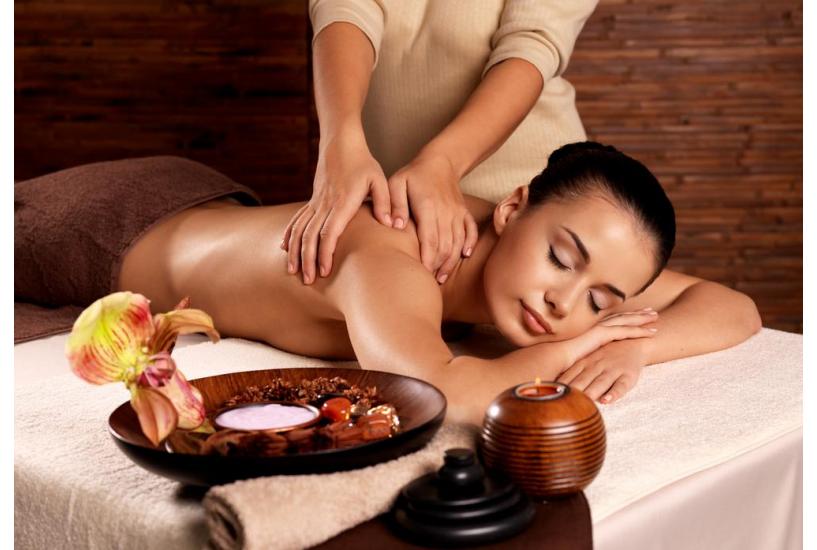Massage & Herbs for Restoring Vitality
by Thea Summer Deer, author of Wisdom of the Plant Devas
Massage is not only essential for calming tense, overworked muscles and the mind, it also helps to re-calibrate the nervous system. I have personally found the benefit received from a massage with moderate pressure from a good therapist to be an invaluable investment in restoring my deep yin, adrenal reserves.
When my daughter was a young girl, she would rub and massage me, and I would say to her, “You have great hands! You should be a massage therapist.” Not only did she become an excellent therapist, she partnered with one! I have been getting professional massages for over forty years, and now that I am 65, I can’t imagine a wellness or longevity plan that doesn’t include regular massage.
Many of us over the years have burned the candle at both ends, pushing ourselves with caffeine, sugar, and chocolate, until “burn out” left us searching for ways to replenish and restore. The toll of stress on our nervous system, which keeps us in sympathetic nervous system response, goes mostly unnoticed as we continue to push through our day. We have become valued for human doings, rather than human beings.
The sympathetic nervous system is where fight, flight, or freeze gets turned on. If the switch gets stuck in the “on” position, our deep, cooling, yin reserves become depleted. The result is that we become anxious, fearful, and angry. It is well known that massage helps to regulate the autonomic nervous system consisting of the sympathetic and parasympathetic. The parasympathetic nervous system is where rest and digest gets turned on. The heart rate slows, and energy is conserved and sent to the digestive system.
Stress in the form of driving and eating, being late for work, loud sirens, a cell phone constantly dinging, a sick child at home with a fever, a flat tire, or a fight with your spouse… all cause muscles to tense, heart rate to increase, and stress hormones like adrenaline and cortisol to dump into blood stream. Sustained stress keeps the sympathetic nervous system stuck in the “on” position, never allowing the parasympathetic to relax and recover. This can result in GI dysfunction, weight gain, chronic disease, inflammation, insomnia, and decreased immunity. When the cycle of repair and healing gets disrupted, it becomes a vicious cycle.
In no other system is the connection between the physical and psychological aspects of our being as apparent as in the nervous system. All psychological processes are anchored in the nervous system. Herbal medicine addresses the way in which plants affect human consciousness, and the physical action of nervine herbs is but one side of the whole interface between plant and mind. Many scientists are now calling the totality of neurons in the gut, “the second brain.” Not only does this second brain regulate muscles, it also manufactures up to 90% of the serotonin in your body. Many neurologists now realize that antidepressants are often less effective in treating depression than dietary changes are.
Massage, breathing, meditation, walks in nature, yoga, and moderate exercise are all important strategies for calming the mind and ensuring adequate digestion and are an important component of any longevity plan. You may also want to consider using the follow nervines for additional support:
Hops: Humulus lupulus
You may be surprised to learn that Hops, primarily used as a bitter to flavor and stabilize beer, is in the same family as marijuana, cannabaceae. It is sedative, hypnotic, antimicrobial, antispasmodic, and astringent. It has a relaxing effect on the Central Nervous System and is used extensively to treat insomnia, to ease tension and anxiety, and is appropriate when tension leads to restlessness and indigestion.
Hops may be taken as a tincture, infusion, capsules, dried extract, tablet, or tea. And of course you could drink a nice “hoppy” high IPA beer.
Tincture: 1-4ml 3x/day (1:5 in 40%)
Infusion: 1 cup boiling water over 1 tsp dried herb and infused covered for 15 minutes, drink 1 cup at night to induce sleep, increasing as needed.
Wild Oats: Avena Sativa
The same common oat grain that is widely used as food if allowed to fully mature, Wild Oats may be either wild or cultivated and is also known as oatstraw and milky oats. It is a nervine tonic, antidepressant, nutritive, demulcent, and vulnerary. Wild Oats feed the nervous system especially when under stress. It is a specific remedy for nervous debility and exhaustion associated with depression.
Wild Oats may be taken as a tincture, infusion, bath, and as food.
Tincture: 3-5ml 3x/day (1:5 in 25%), or 1-2 droppers full up to 3x/day for at least 3 months for long term benefits.
Infusion: Pour 1 cup boiling water over 1-3 teaspoons of dried straw and infuse for 15 minutes, strain, drink 3x/day.
Bath (use for neuralgia and irritated skin): Boil 1 pound of shredded oatstraw in 2 quarts water for ½ hour. Strain and add to bath.
Broth: Boil oats in a broth, strain, and drink to soothe esophagus, stomach, and irritated mucous membranes of the bowel.
To learn more about the healing benefits of herbs and massage, check out these great books:
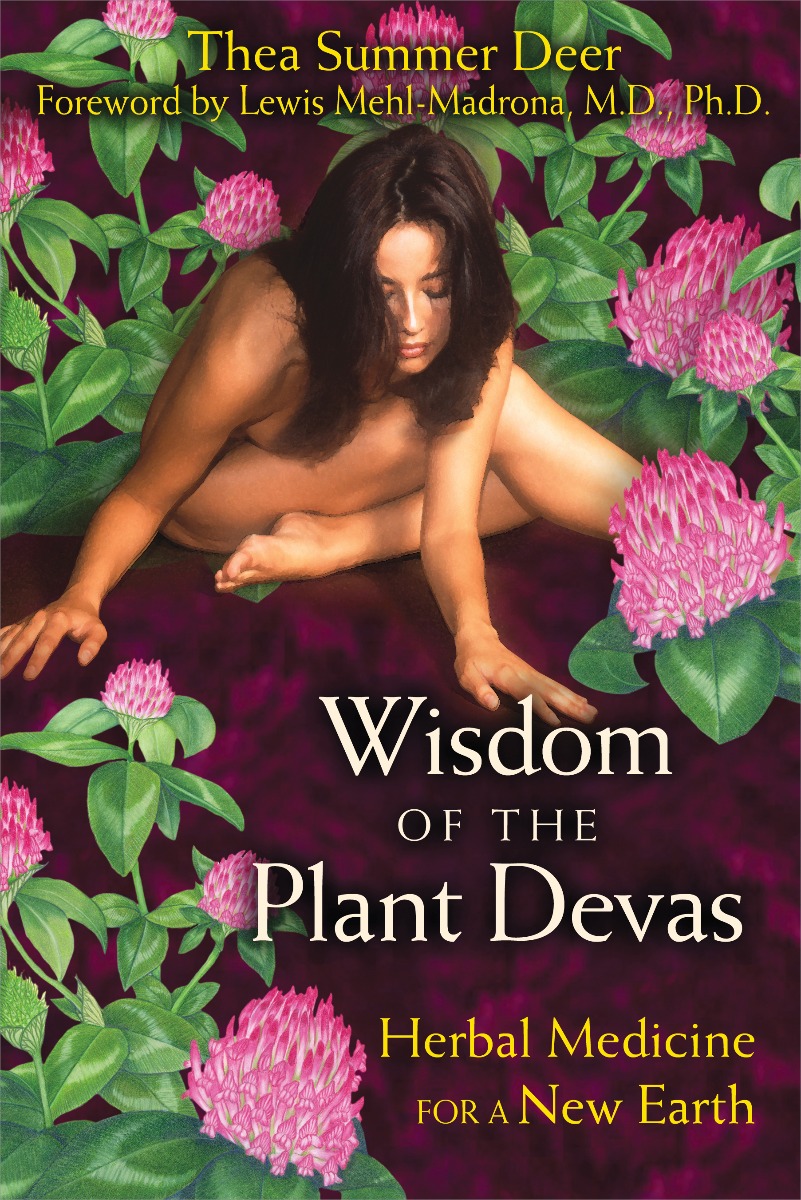 |
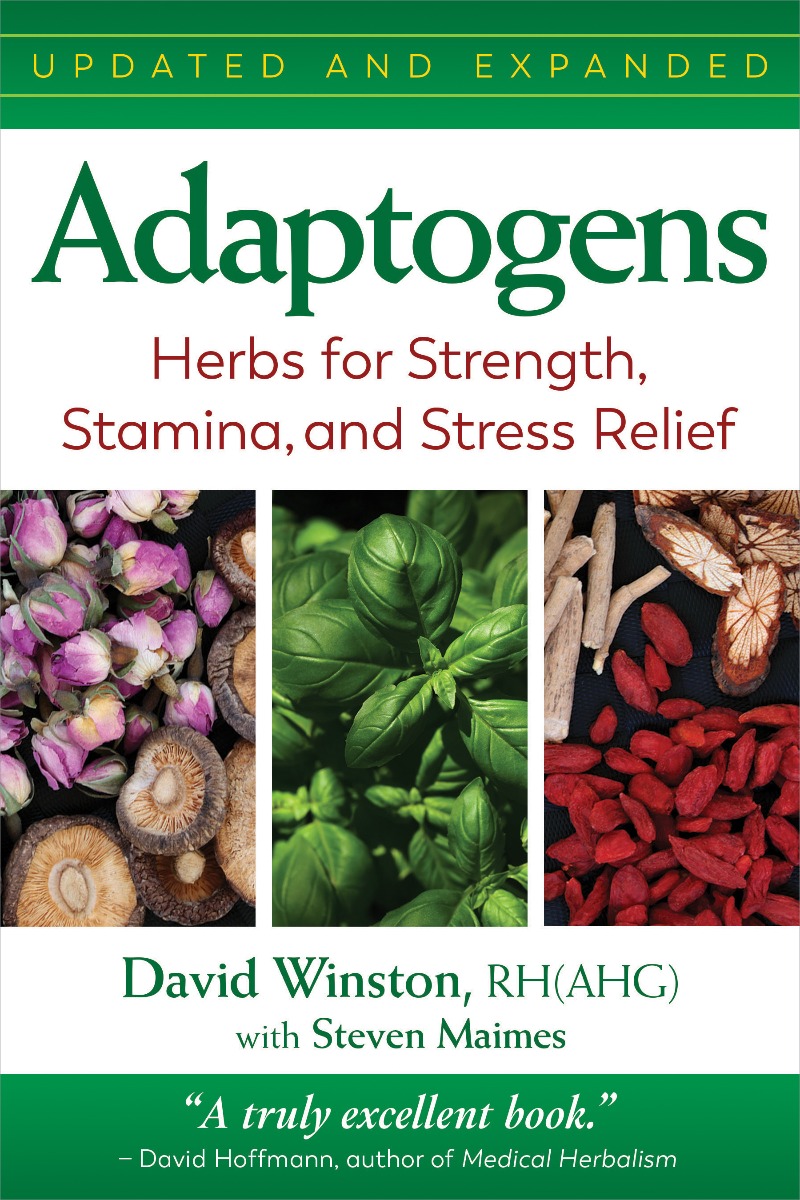 |
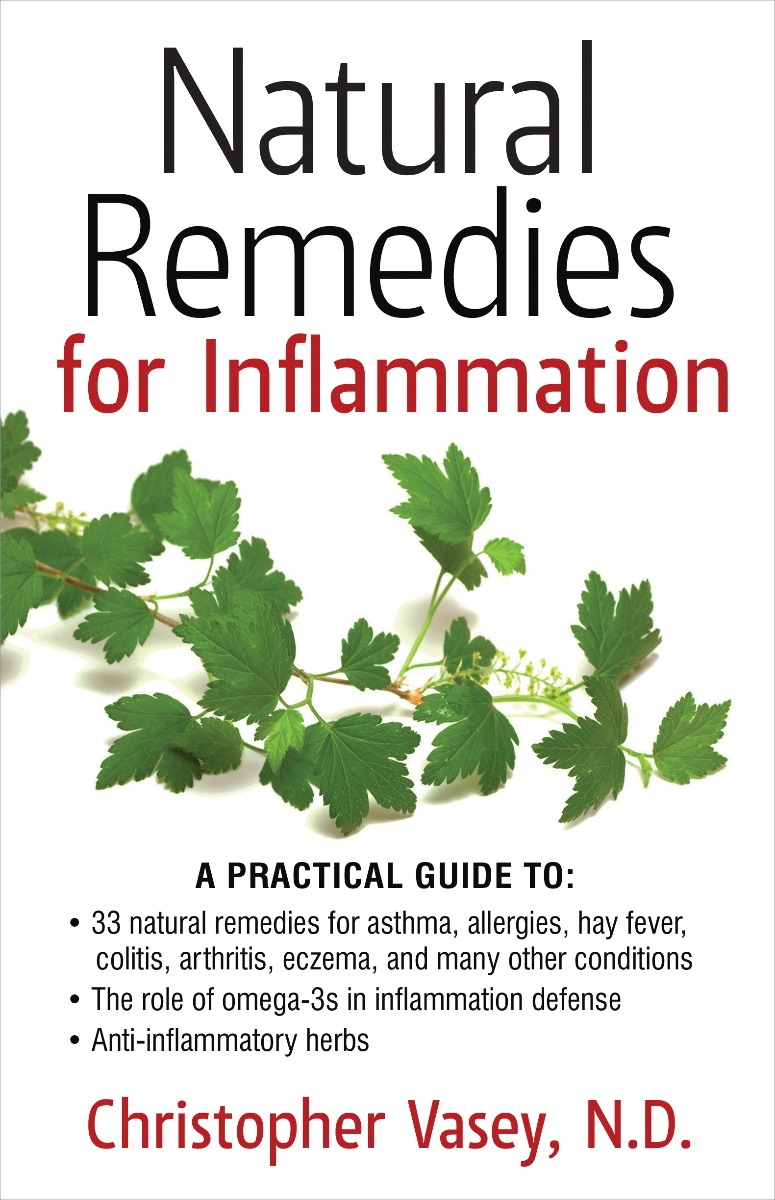 |
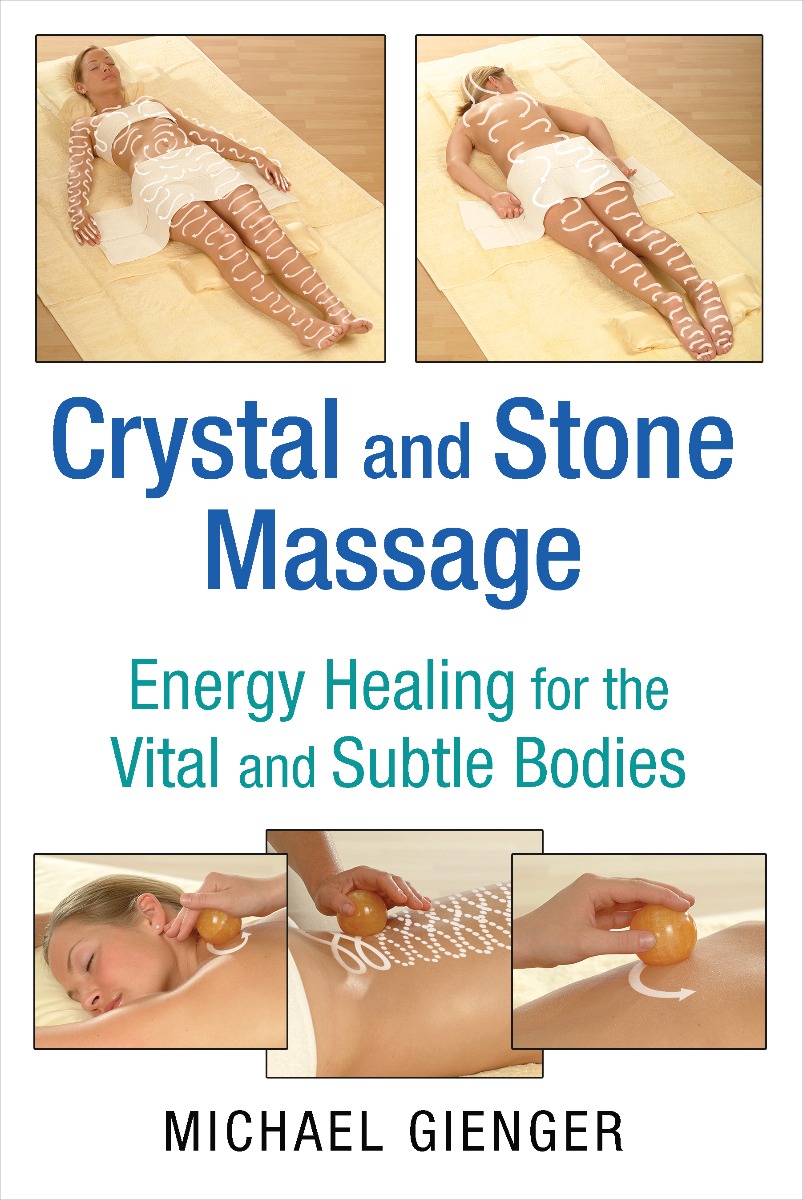 |
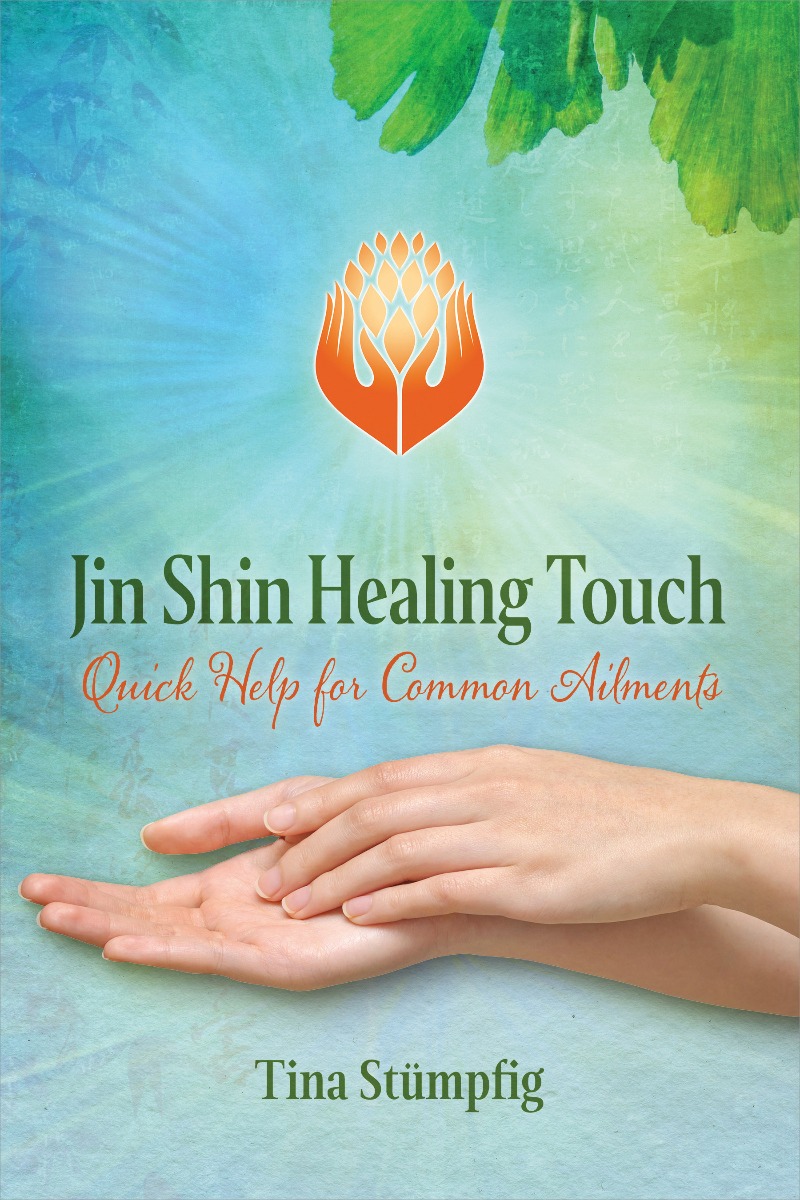 |


